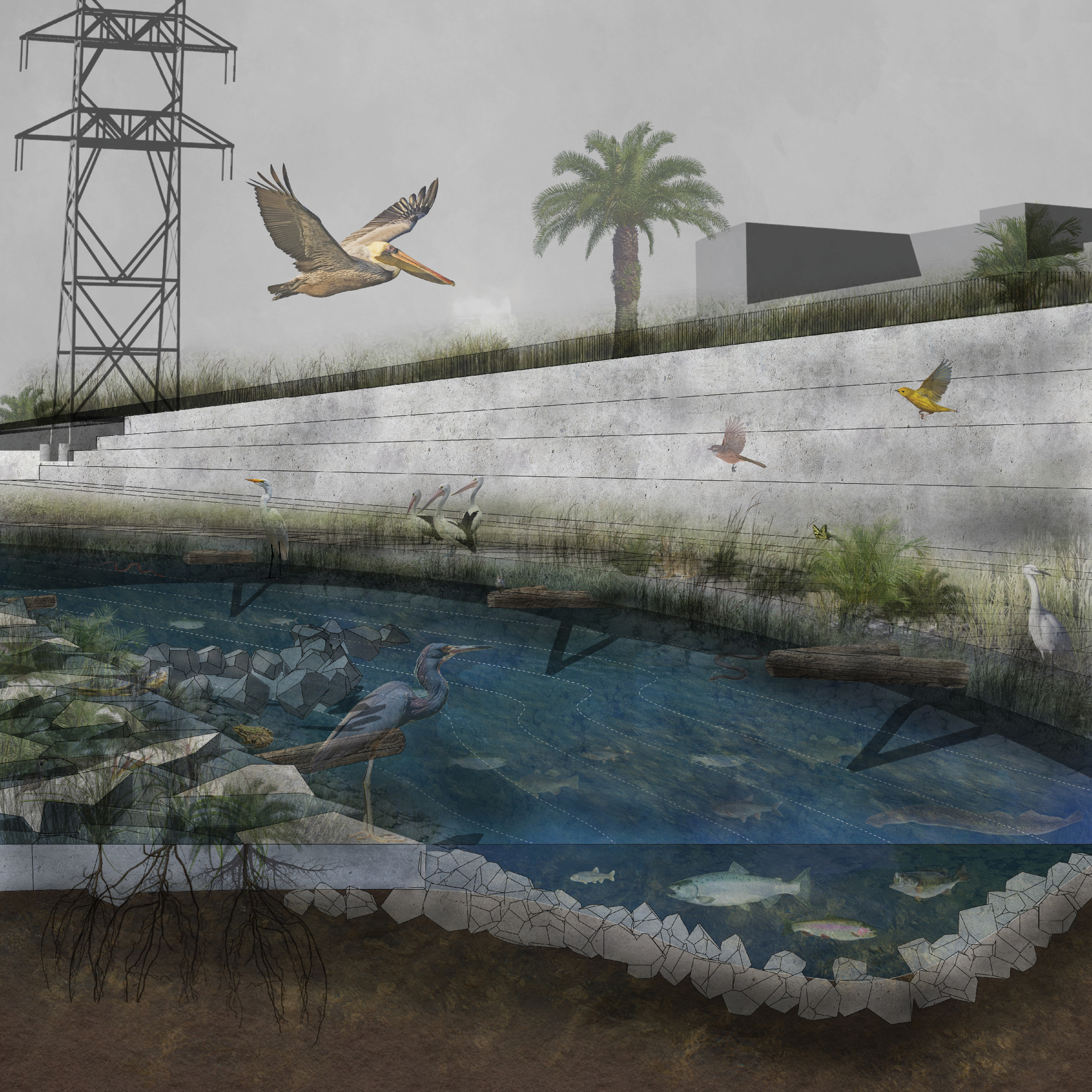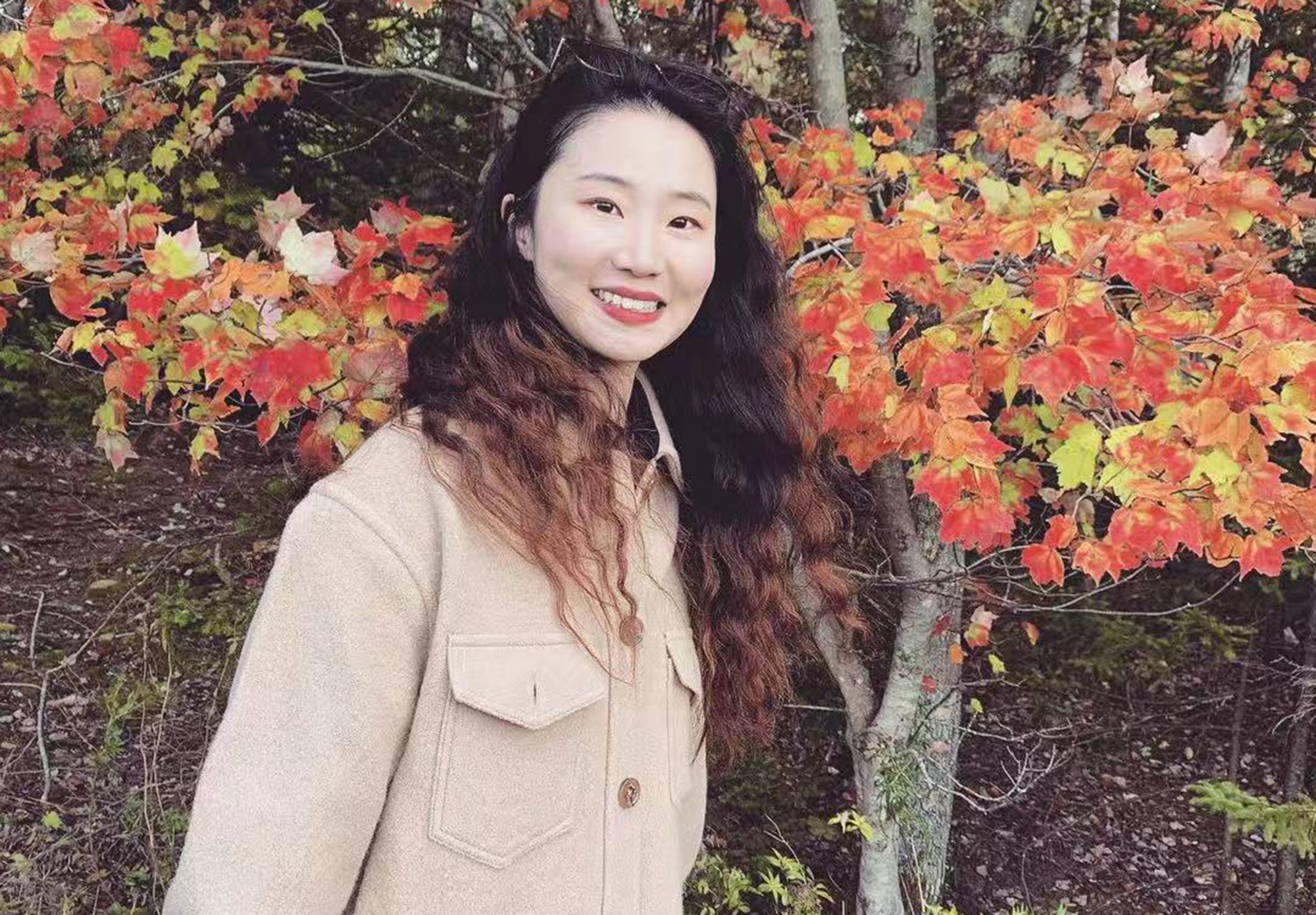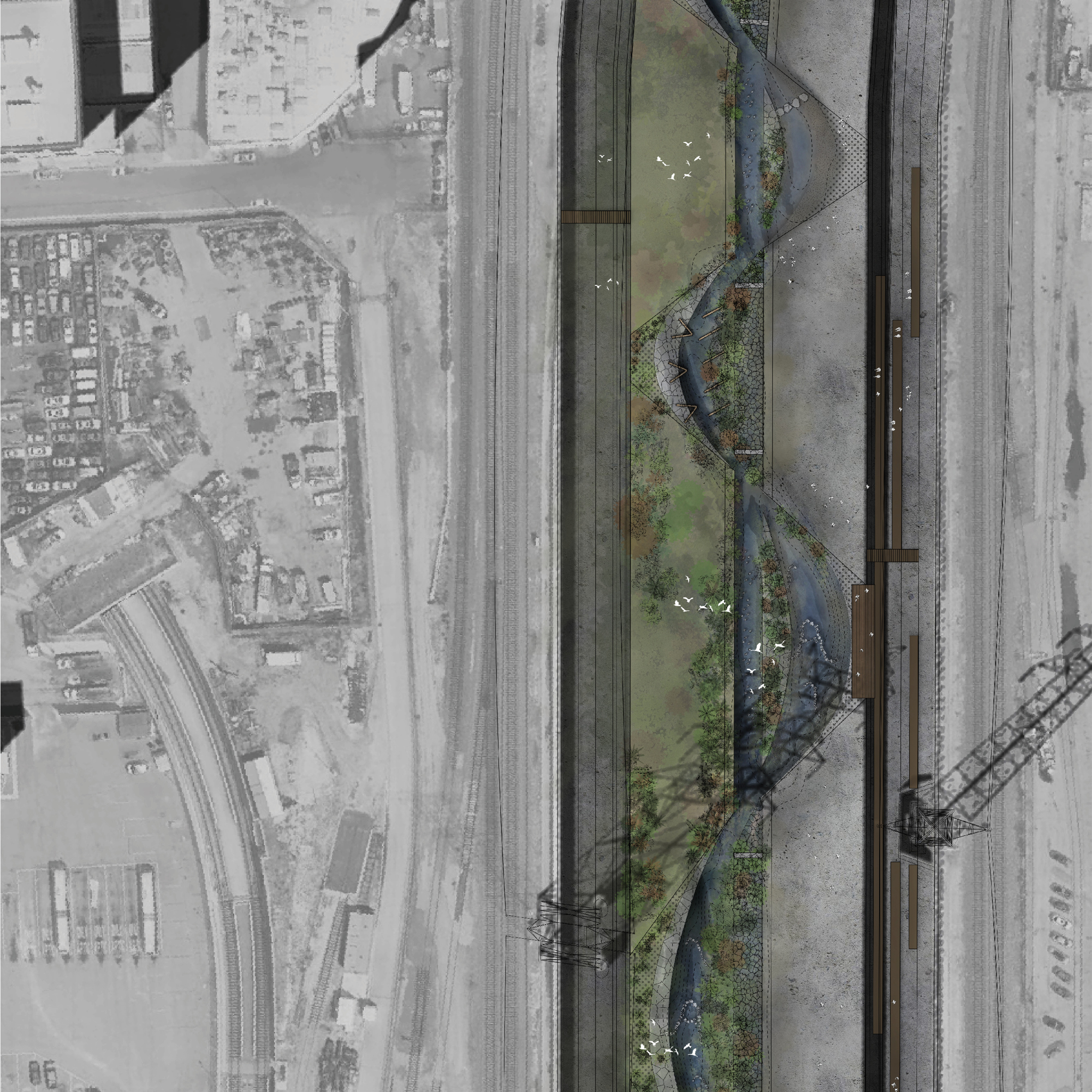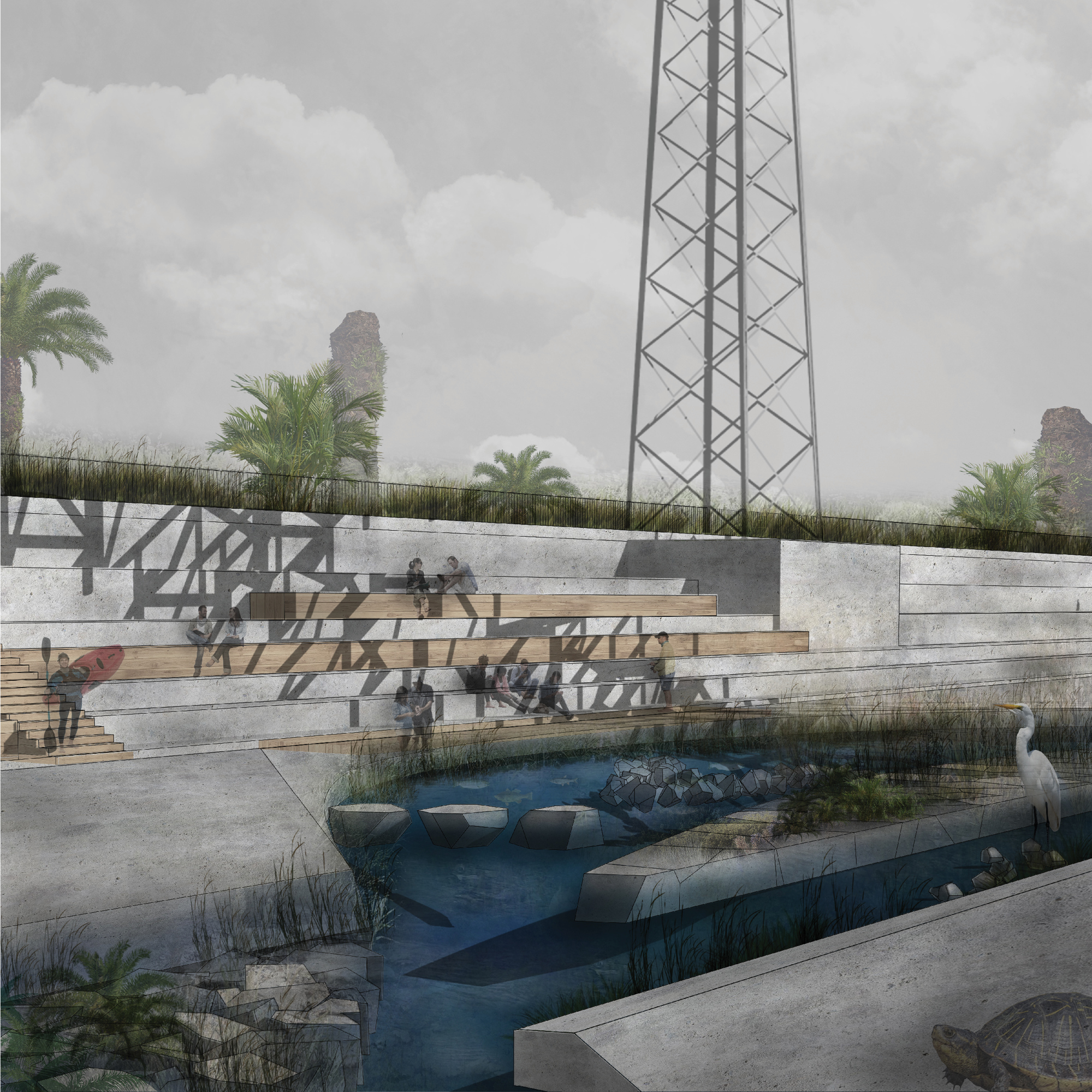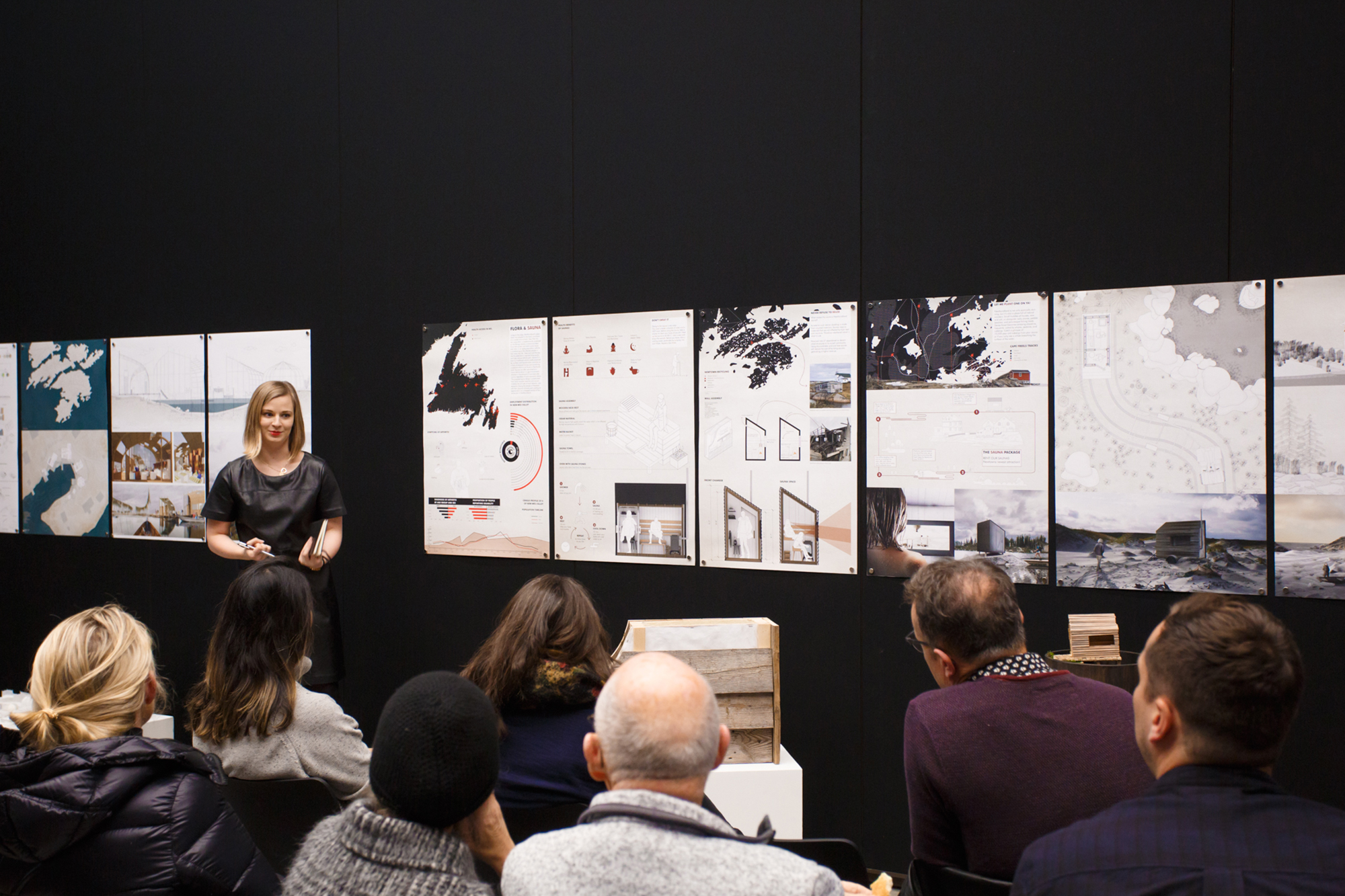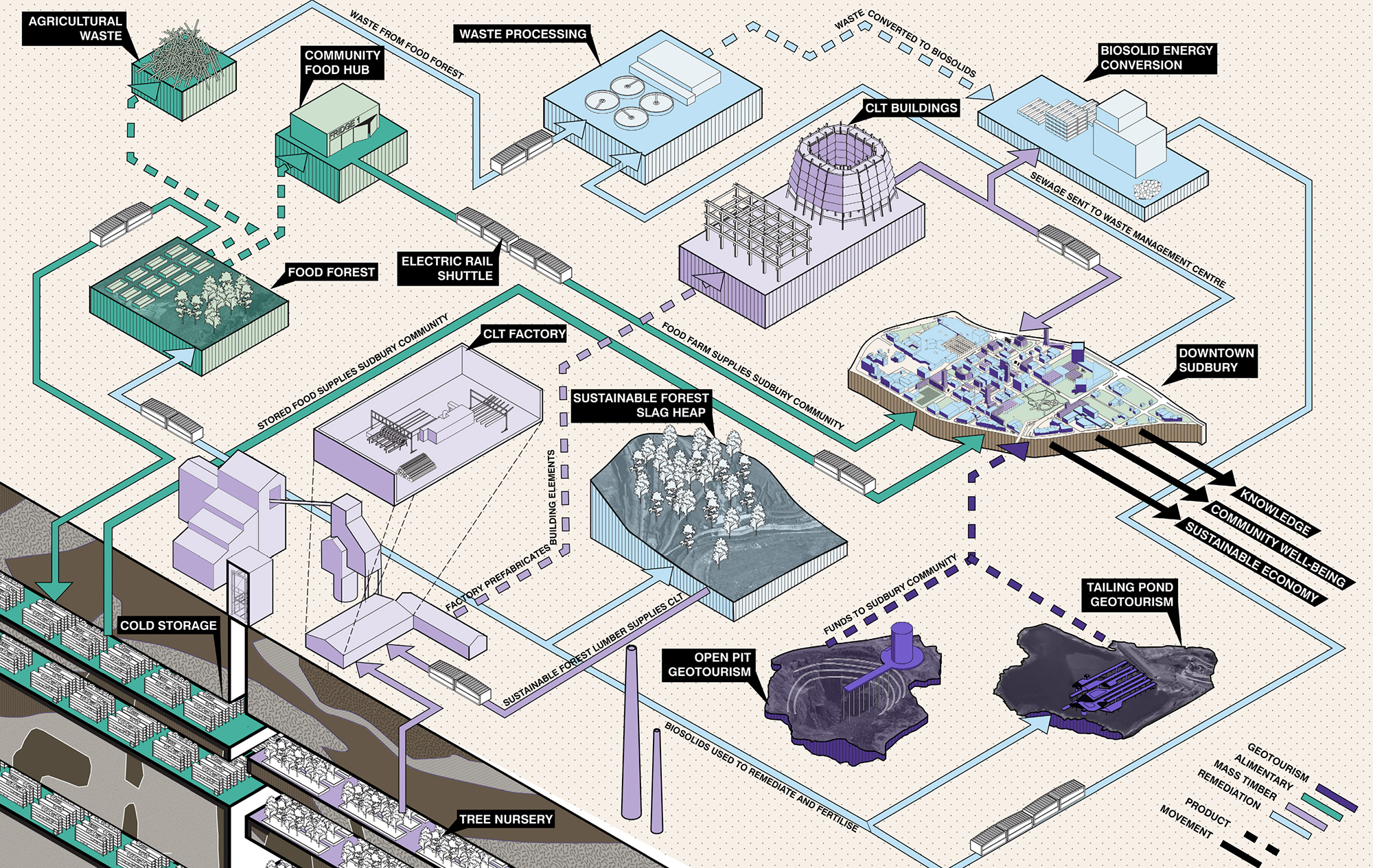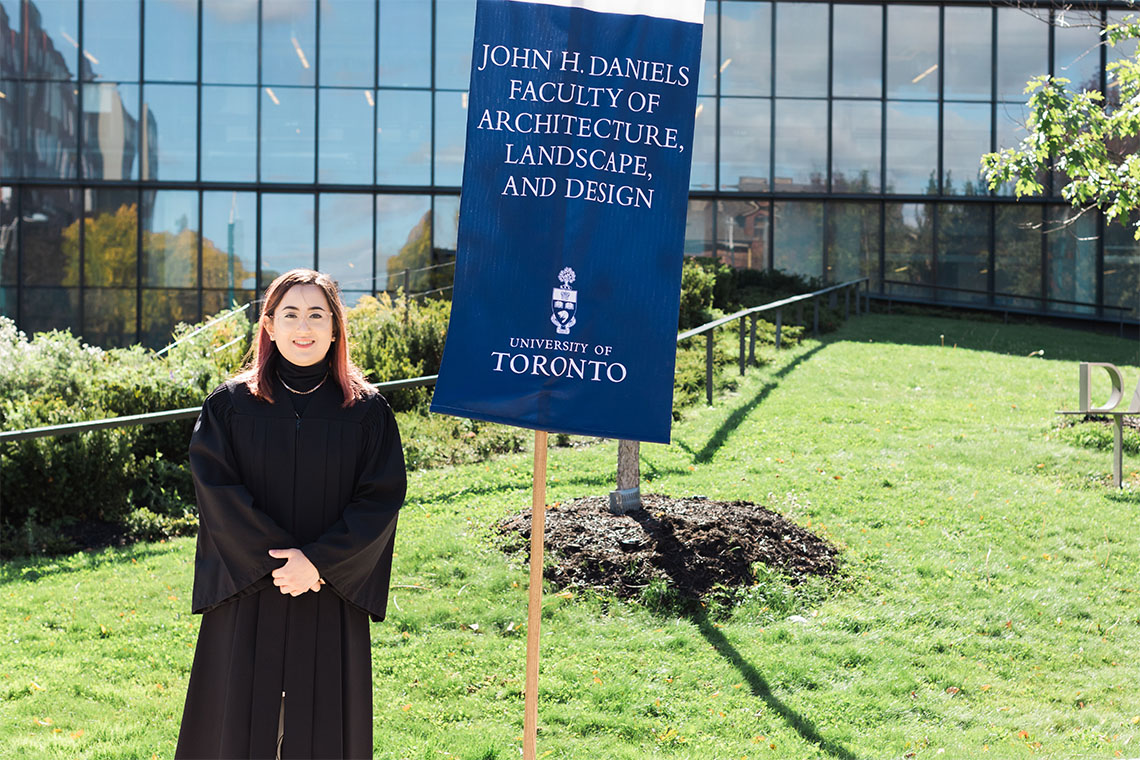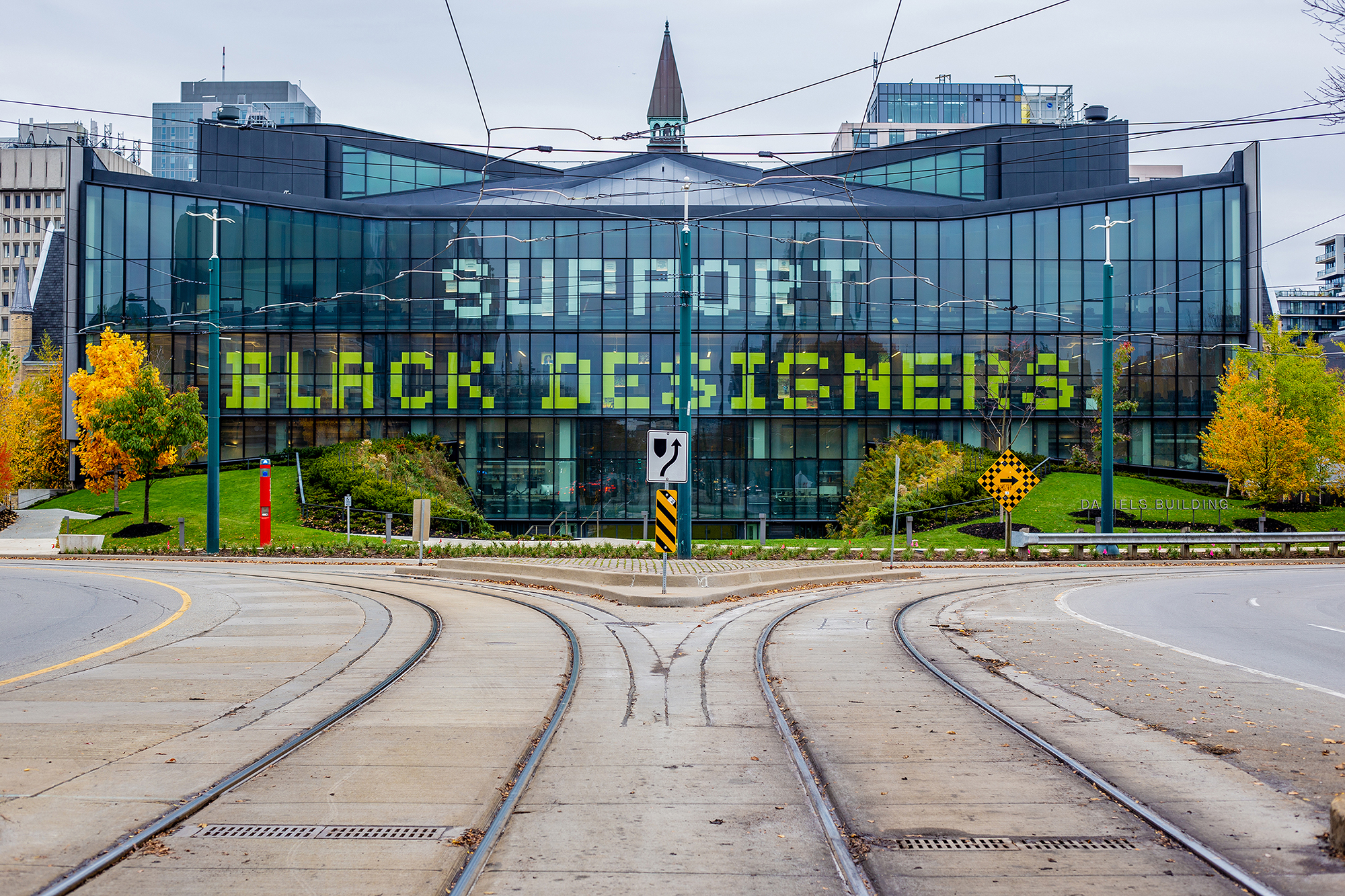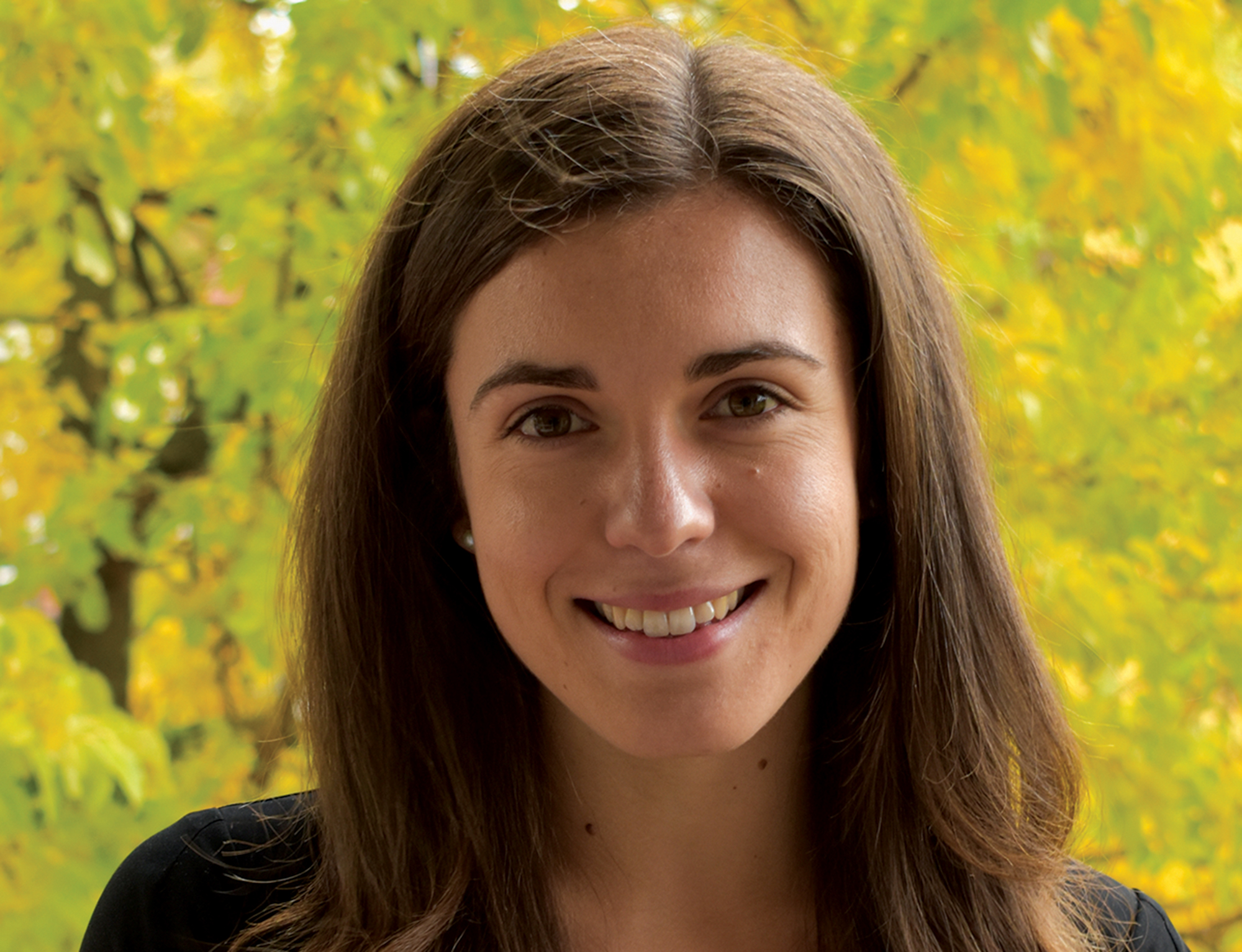Alumni, future students, and members of the public are welcome to join us for final reviews. Daniels Faculty students in architecture, landscape, and urban design will present their final projects to their instructors, as well as guest critics from the professional community and local and international academic institutions.
This semester the Daniels Building is closed to the public, because of COVID-19. As a result, all reviews will be held online, on Zoom. If you'd like to attend, all you have to do is pre-register on Eventbrite and you'll receive login instructions for Daniels On Air.
We welcome our alumni/members of the professional community tuning in to this year’s reviews. Although we won’t be able to greet you personally, please do let us know if you plan to attend the online reviews by confirming your name/affiliation with jacqueline.raaflaub@daniels.utoronto.ca. Your continued engagement with the Daniels Faculty and its talented students is appreciated by us all.
Follow UofTDaniels on Twitter and Instagram and join the conversation using the hashtag #DanielsReviews. All reviews take place from 9 a.m. to 6 p.m. (unless otherwise stated). Please note that the times and dates of the review schedule may change.
Monday, December 14 | Undergraduate
Drawing and Representation I ARC100H1F
Instructors: James Macgillivray, Genevieve Simms, Fiona Lim Tung, Daniel Briker, Chloe Town, Danielle Whitley, David Verbeek, Kearon Roy Taylor, Nicolas Barrette, Scott Norsworthy, Anne Ma, Tom Ngo, Nuria Montblanch, Andrea Rodriguez Fos, Kara Verbeek, Luke Duross, Jamie Lipson
Tuesday, December 15 | Undergraduate
Drawing and Representation II ARC200H1F
Instructors: Michael Piper, Francesco Martire, Leon Lai, Simon Rabyniuk, Sam Ghantous, Katy Chey, Samuel Dufaux, Mohammed Soroor, Monica Hutton
Design Studio II: How to design almost nothing
ARC201H1F Instructors: Miles Gertler, Jennifer Kudlats, Aleris Rodgers, Brian O'Brian
Wednesday, December 16 | Undergraduate
Architecture Studio III ARC361Y1F
Instructors: Petros Babasikas, Anne-Marie Armstrong, Adrian Phiffer
Landscape Architecture Studio III ARC363Y1F
Instructors: Behnaz Assadi
Technology Studio III ARC380Y1F
Instructors: Nicholas Hoban, Nathan Bishop
Thursday, December 17 | Undergraduate
Senior Seminar in History and Theory ARC456H1F
Instructors: Jeannie Kim
Senior Seminar in Design (Research) ARC461H1F
Instructors: Jeannie Kim
Senior Seminar in Technology (Research) ARC486H1F
Instructors: Nicholas Hoban
Friday, December 18 | Undergraduate
Senior Seminar in History and Theory (Research) ARC456H1F
Instructors: Jeannie Kim
Senior Seminar in Design (Research) ARC461H1F
Instructors: Jeannie Kim
Senior Seminar in Technology (Research) ARC486H1F
Instructors: Nicholas Hoban


